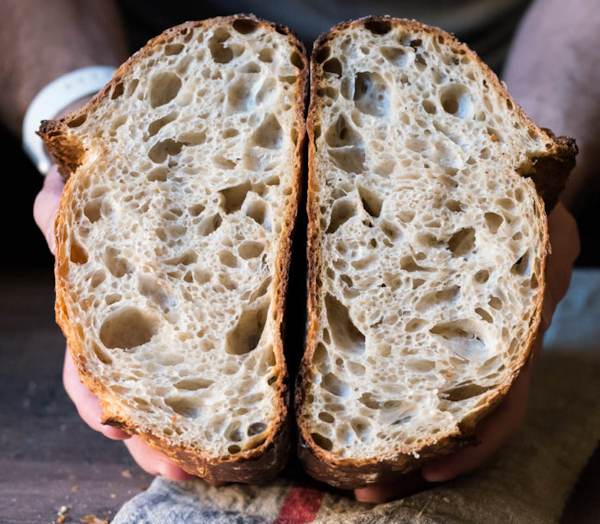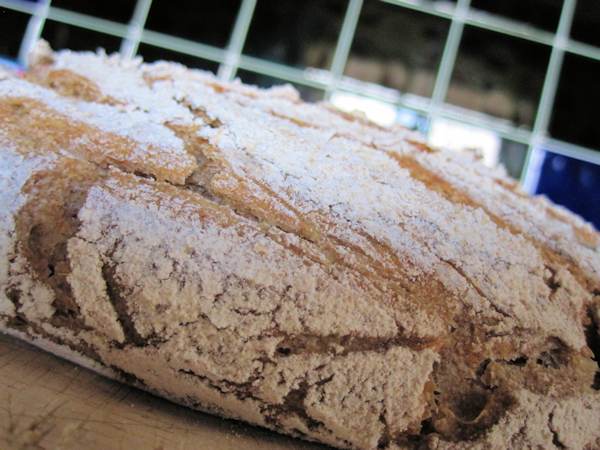Kitchen disasters, or how I blowtorched the turkey.
Mon, 26 March, 2018
One memorable Christmas Day I blowtorched the turkey. I used a kitchen blowtorch, the little thing that is used to brûlée the crème. The result would have probably been better if I had an industrial tool – the crispy skin I meant to obtain was skin singed in some places, pale in most.
The process wasn’t a novel, Heston-style take on cooking the Christmas turkey. It was a balls-up I was trying to remedy. You see, covering the turkey breast with bacon rashers means flavour, but no crispy skin; you can’t have both. And since crispy skin is a Christmas must in my books, I grabbed the torch. Needless to say, it was just about the only occasion I ever used the silly thing. I think they’ve been banned now for fear of exploding – I’d say to prevent harming festive roasts.
Kitchen disasters are a barrel of laughs on Buzzfeed or Bored Panda but not so much when they happen to you. My cake adventures have been described in full previously, with the notable exploding microwaved meringue leading the pack. Cakes are tricky: I don’t have the natural feel for pastry the way I do (or so I tell myself) for cooking because I don’t get the chemistry of it. In spite of reading a good amount of Hervé This and That I still don’t understand precisely the roles fat, eggs, sugar and air play in cakey dramas.
Another set of cock-ups is bread-related, especially sourdough because it’s so fickle: wrong temperature, air humidity, bad mood, evil eye, they can all cause the liveliest sourdough starter to fail. I strive for those gorgeous air bubbles proudly featured on Facebook and YouTube in sliced halves of bread (I personally start slicing from the end, not cut a loaf in half, don’t you?) but mine are never as impressive. And of course, of course the starter may bubble like lava, the dough will prove (me) right and then I’ll cock it all up when tipping the loaf into a too small, too big or not hot enough Dutch oven.


Seasoning: over salting is usually due not so much to an unsteady hand with the salt bucket as to adding too many ingredients that affect the saltiness of food. Anchovies, Parmesan, bacon or soy sauce may often eliminate the need for the white crystals. You can sometimes salvage the dish by adding a raw potato later to be removed but clearly that will work for soups and casseroles only. I fight with chilies usually – a few stir-fries in my history went to the bin via choking, gasping and copious amounts of water. Common sense solution here which I’ve adopted is to reserve some chopped chilies to be added at the very end, subject to tasting; hot chili oil if I’d still been over-cautious.

Other cook-a-strophies may be due to clumsiness, rush and simple accidents, like my lovingly roasting pork ribs landing on the floor out of the accidentally upended tray (floor was clean, nobody twigged). But mainly it’s the lack of imagination that causes the blunders, the inability to visualise that swaddling the turkey in bacon will stop it from crisping.
You cook and you learn. I now have the timing of a roast down pat, within reason, and always err on the side of undercooking (at a push you can always stick the thing back in the oven). The rule of thumb of 20 minutes at 250C followed by 15 minutes per pound of weight at 180C has never let me down, subject to reasonable quality of meat.
Experience sure helps: I know now things I didn’t when I plastered bacon over that turkey, so I hope even my breads will reach perfection too, eventually. Experience simply helps you imagine the outcomes, never the less than because of the vivid memories of disasters.